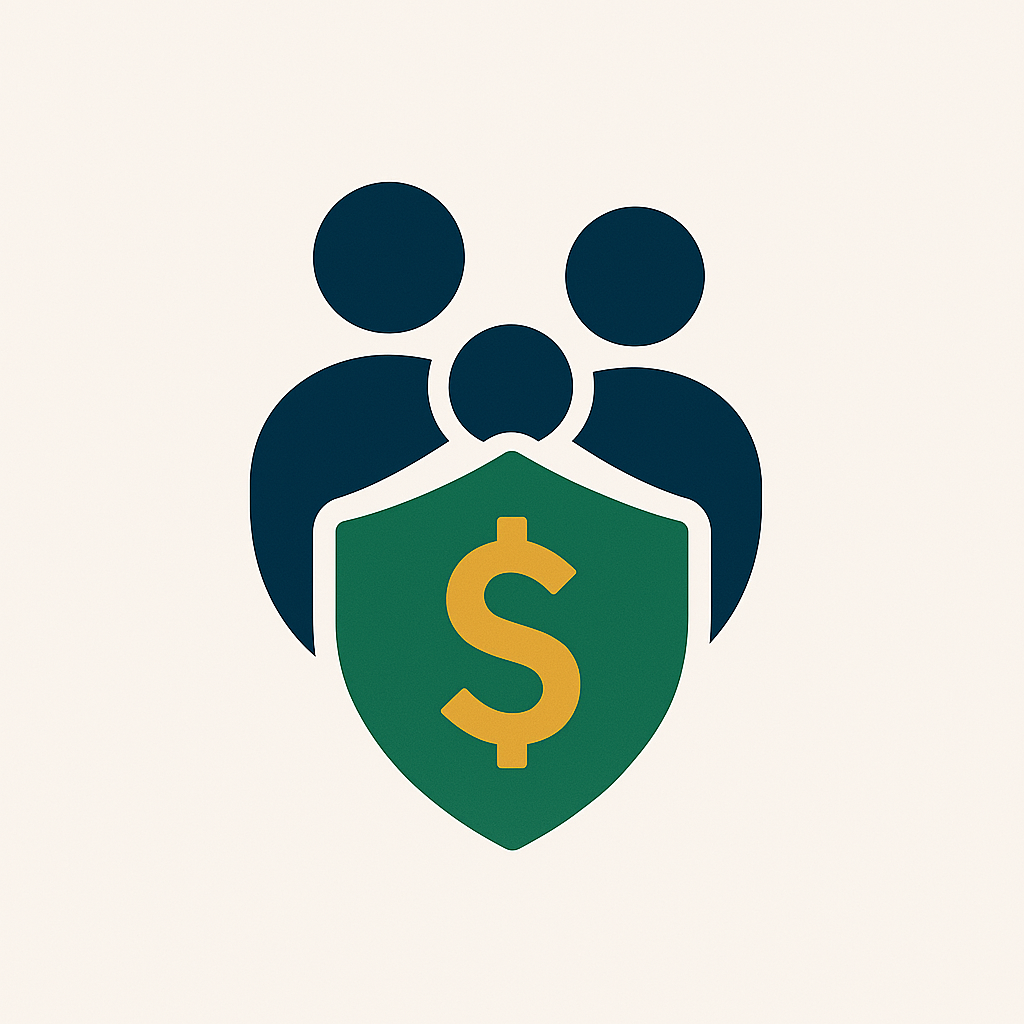How I Stay Disciplined With Money Without Being Perfect
Being financially disciplined can feel like a daunting task, especially in today’s world. With the constant influx of information and tempting temptations, it can be easy to fall into the trap of overspending or financial recklessness. But fear not, fellow budget warriors! This blog post is here to guide you on your journey to financial stability by offering practical tips and actionable strategies.
Understanding Financial Discipline
First things first, let’s break down the term “financial discipline.” It’s about more than just sticking to a budget. It’s about developing a strong relationship with your money and understanding its behavior. By analyzing your spending habits and identifying areas where you might overspend, you can take control and create a sustainable plan for success.
Breaking Free from the Debt Cycle
One of the biggest culprits behind financial struggles is debt. Credit card debt, student loans, and other forms of borrowing can easily snowball out of control. But it’s not just about avoiding debt; it’s also about understanding its impact on your financial health.
Here are some strategies for breaking free from the debt cycle:
* Set realistic debt repayment goals.
* Prioritize high-interest debt first.
* Consider debt consolidation to lower interest rates.
* Pay down debt with the highest interest rates first.
Creating a Budget That Works for You
Once you understand your financial situation and have a clear understanding of your debt repayment goals, it’s time to create a budget that actually works for you. A well-defined budget will allow you to track your income and expenses, identify areas where you can cut back, and allocate your funds strategically.
Here are some essential elements of a healthy budget:
* Fixed expenses: These are regular payments that remain the same each month, such as rent, utilities, and insurance premiums.
* Variable expenses: These are expenses that can fluctuate depending on your spending habits, such as groceries, entertainment, and dining out.
* Savings: This is a dedicated portion of your income set aside for future goals and unexpected expenses.
Developing Smart Spending Habits
Living within your means is crucial for building financial stability. Once you know where your money is going, you can start making informed spending decisions.
* Track your spending for a few weeks to identify areas where you can save.
* Set spending limits for specific categories, such as entertainment or dining out.
* Prioritize experiences over material possessions.
* Focus on buying quality over quantity.
The Power of Automation
Setting up automatic transfers from your checking account to savings and debt repayment accounts ensures that you’re consistently chipping away at your goals. This removes the temptation to spend the money and ensures that you’re making consistent progress towards financial stability.
Conclusion
Staying disciplined with money requires discipline, commitment, and a strategic approach. By understanding financial principles, breaking free from the debt cycle, creating a budget that works for you, and developing smart spending habits, you can achieve financial stability and enjoy a more secure future. Remember, it’s a journey, not a destination, so stay patient, track your progress, and adjust your plan as needed along the way.

Leave a Reply